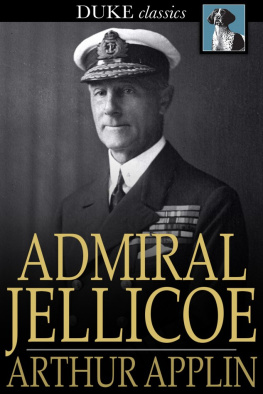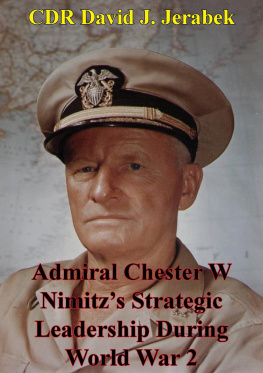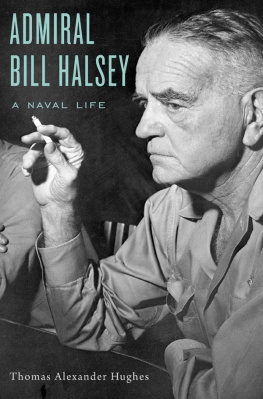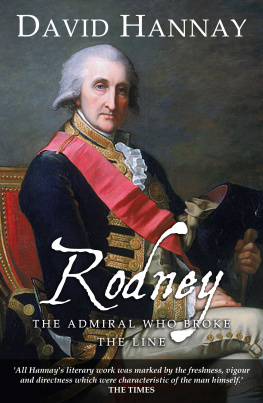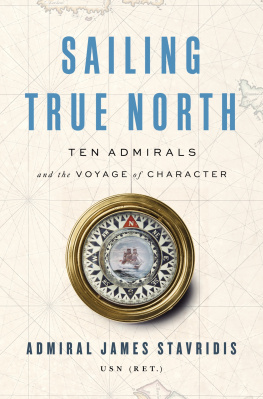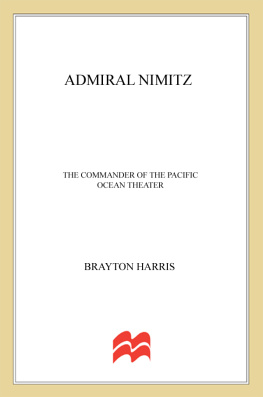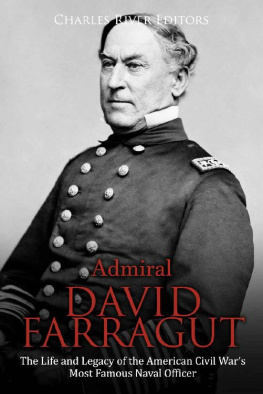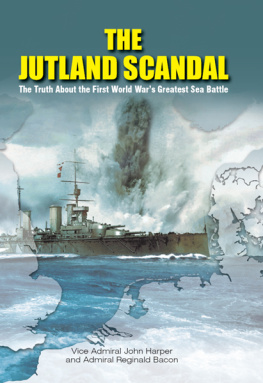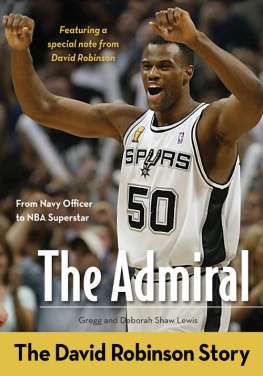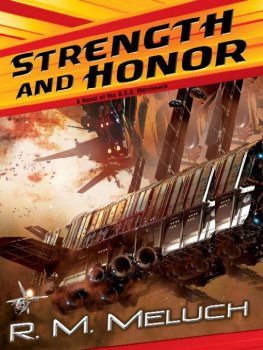DAVID GLASGOW FARRAGUT
OUR FIRST ADMIRAL


This book has been brought to publication with the generous assistance of Marguerite and Gerry Lenfest.
Naval Institute Press
291 Wood Road
Annapolis, MD 21402
1943 by the United States Naval Institute
All rights reserved. No part of this book may be reproduced or utilized in any form or by any means, electronic or mechanical, including photocopying and recording, or by any information storage and retrieval system, without permission in writing from the publisher.
First Naval Institute Press paperback edition published in 2014.
ISBN: 978-1-61251-299-0 (ebook)

 Print editions meet the requirements of ANSI/NISO z39.48-1992 (Permanence of Paper).
Print editions meet the requirements of ANSI/NISO z39.48-1992 (Permanence of Paper).
22 21 20 19 18 17 16 15 14 9 8 7 6 5 4 3 2 1
First printing
IN MEMORIAM
ROBERT THOMAS QUARLES

PREFACE
THE FAVORABLE reception of David Glasgow Farragut: Admiral in the Making, dealing with the life of our great naval leader up to the beginning of the Civil War, has encouraged me to complete his biography in a second volume. Though this second part of his life was only about one sixth of the former portion in length of time, it surpassed the other in thrilling deeds and significant achievements.
As in the preparation of the first volume, I have found much hitherto unpublished material relating to this later period of Farraguts life. For this new material I wish to express my most hearty thanks to Dr. Ellsworth Eliot, Jr., who permitted me to examine his very large and valuable collection of Farragut manuscripts and to quote freely therefrom; to Mr. George T. Keating, who allowed me complete freedom in the use of photostatic copies of the Note Book and the Diary of Farragut, which relate chiefly to the Battle of Mobile Bay; to the Henry E. Huntington Library and Art Gallery for furnishing me with microfilms of numerous important letters; to Captain H. A. Baldridge, U. S. Navy (Retired), Curator of the U. S. Naval Academy, for the free use of the Zabriskie Collection of manuscripts and of other miscellaneous papers in the Naval Academy Museum; and to Captain D. W. Knox, U. S. Navy (Retired), Officer-in-Charge, Naval Records and Library, Navy Department, and to his assistants, who aided me greatly in finding material which was not published in the Official Records of the Union and Confederate Navies in the War of the Rebellion.
For similar assistance, my thanks go also to the Manuscript Division of the Library of Congress, The National Archives, New York Historical Society, New York Public Library, Tennessee State Library, Tennessee Historical Society, Public Library of the City of Boston, Library of the U. S. Military Academy, and Library of the U. S. Naval Academy. There are, besides, literally dozens of individuals who have helped me greatly and cheerfully by answering my letters of inquiry. They are too numerous even to list by name. But I do wish to mention personally Mr. Louis H. Bolander, Assistant Librarian of the Naval Academy Library, who has rendered me invaluable aid in tracking down elusive bits of information and in many other ways. The grandniece of Admiral Farragut, Mrs. George G. Hall, and her husband have continued to answer my numerous letters of inquiry as they did so patiently during the writing of the first volume. Mr. Albert Mordell, author and journalist of Philadelphia, and Mr. Robert Thomas Quarles, Junior, of the staff of the Tennessee Historical Society and the Tennessee State Library called to my attention extremely useful material, which otherwise would have eluded me. My colleague, Assistant Professor Richard West, Jr., author of The Second Admiral: A Life of David Dixon Porter, who is writing a biography of Gideon Welles, has been of great assistance to me.
It is hoped that the notes will not be found too voluminous. The Civil War was a very controversial period, and it is sometimes very difficult to reach even an approximation of the truth. The reader, therefore, will find the citations of authority unusually numerous; at times, the statements of the opposing sides will be set down for the readers consideration. In the notes will also be found unusually interesting details, for which no room could well be found in the text. If the reader finds no interest in the notes, they can be easily disregarded, as they were placed in the back of the book for that very reason. The appendix contains fuller information than is usually found, in biographies, concerning statues and other memorials, portraits and paintings of battles, and poems inspired by Our First Admiral. This will be useful, at least for reference.
The reader will also find in this biography an unusually large number of quotations, usually brief, from letters and other primary source material. Most of these were written by Farragut; the others chiefly by those who knew him intimately. It has been thought that in this way more light would be thrown on Farraguts character than could be secured from a mere recital of his achievements, and that the period of the Civil War would be made more real to the reader by thus kindling his imagination. Newspapers and some additional secondary source material have been used in the same manner and for the same purpose.
As in the previous volume, the aim has been to portray Farragut as a human being with his faults and his virtues. No attempt has been made to make him illustrate any preconceived theory as to what constitutes greatness in a naval leader. The reader will be expected to form his own estimate of the nature and degree of Farraguts greatness, after finishing the book. Whether he ranks him very high or comparatively low in the scale of naval leaders, it is believed that no reader will place him in the roll of common men. In any case, he will have discovered how a brave, patriotic man conducted himself during this extraordinarily interesting period of our history, how he faced obstacles and difficulties of every imaginable sort during the weeks and sometimes months of preparation, and how he met the test of battle itself by courageously making decisions in the very climax of conflict and then by fighting his way through to victory. Those who are thrilled with stories of adventure and high courage will find in Farraguts career full justification for Merediths glowing lines:
Oh! while Atlantics breast
Bears a white sail,
While the Gulfs towering crest
Tops a green vale,
Men thy bold deeds shall tell,
Next page

